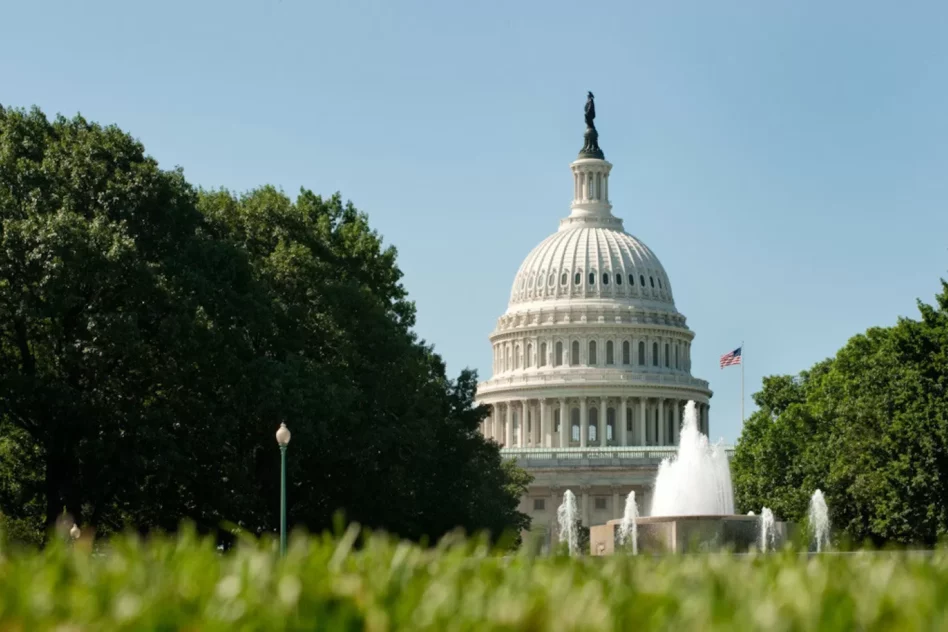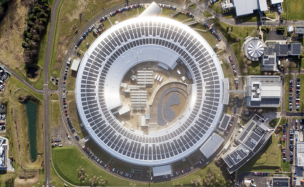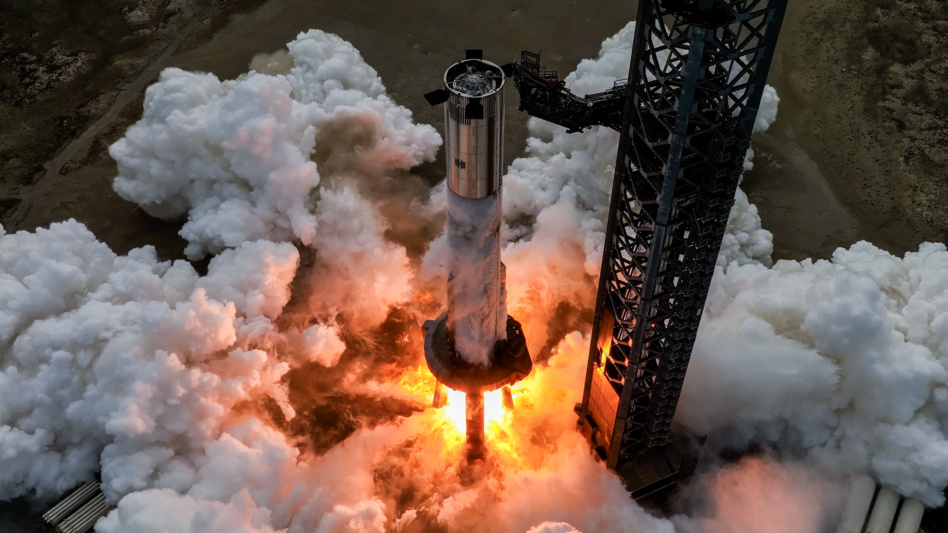The 119th Congress kicks off today, and the space industry already has a long to-do list for elected representatives that includes cutting regulations, boosting commercial purchases, and keeping space a key focus of the federal government.
Payload chatted with leaders from three of the industry’s top trade associations about their members’ top priorities for Congress and the new administration that will take office in just 17 days.
Remove the red tape: Not surprisingly, regulatory reform is on everyone’s wishlist.
“Regulation has sort of gotten out of control over the last 10 to 15 years, especially when it comes to launch and reentry, so we’re going to be pushing very aggressively to sort of rightsize that again and stop creating a drag on commercial launch,” said Dave Cavossa, CSF president.
Clay Mowry, CEO of AIAA, echoed the need for fewer regulations and more clarity, including defining who is in charge.
Buy commercial: Industry is also looking for the government to boost its reliance on (and purchase of) commercial tech, another continuation of a top talking point in recent years.
Some specific asks include:
- The use of firm fixed price contracts, which require the government to be more transparent and lay out specific requirements with industry, according to Cavossa.
- Increased government spending on tech demos, launch, and launch infrastructure that can help both commercial and national security aims in orbit, Mowry said.
- Investments in cislunar tech that can make the long-awaited sustainable lunar economy a reality.
- Changing the R&D tax requirement to incentivize companies to invest in research and development, according to AIA VP of Space Systems Steve Jordan Tomaszewski.
“When nearly every other developed country in the world, including China, is doing more to incentivize investment in R&D, our tax code now punishes it,” Tomaszewski told Payload.
“There’s already broad bipartisan support to fix this, so we hope that finally happens when Congress addresses tax expirations this year.”
The council in question: While most agree on the need for strong executive leadership on space policy, there’s less consensus on whether the National Space Council is the best vehicle for it—though Cavossa, Mowry, and Tomaszewski all agree they’d like to see it come back.
Mechanisms have existed for decades to facilitate decision-making across various departments, but their success is directly related to whether the president backs them. A second Trump administration National Space Council could serve as a high-profile government body to represent space in the executive branch—as long as policymaking is directed by trustworthy individuals who can efficiently keep pace with the US space industry’s rapid advances.
“Signing a policy statement is one thing, actually implementing it and carrying it out…is much harder…that’s where there’s a much more spotty track record,” said Brian Weeden, a systems director for the Aerospace Corporation’s Center for Space Policy and Strategy. “I think more important than what you call it are the people staffing it and running it and the degree of political support it’s getting from the White House.”





